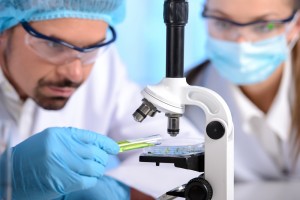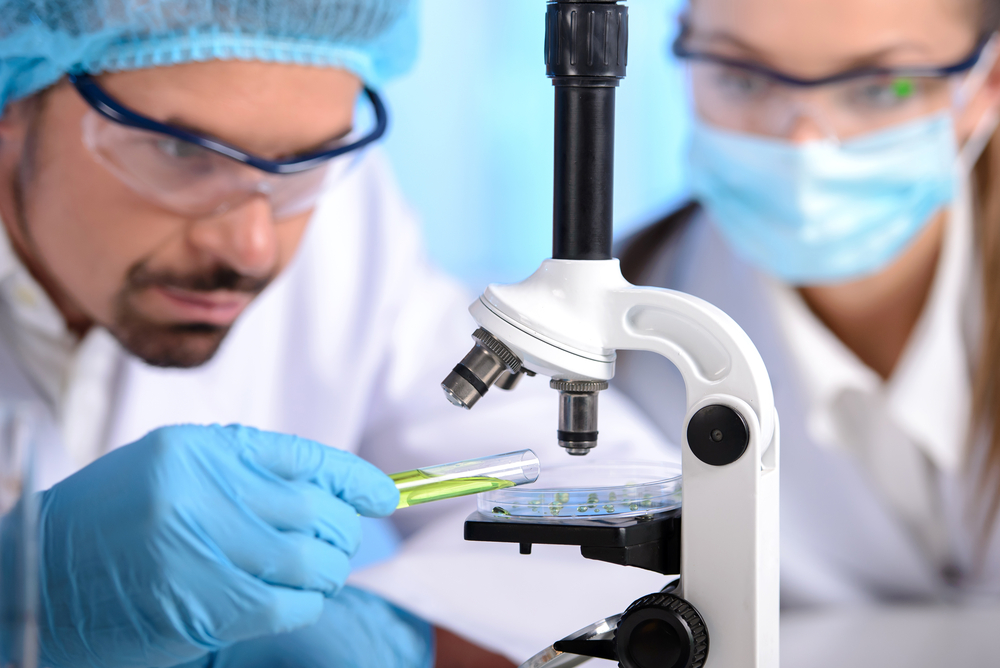 In a recent study published in the Cancer, Epidemiology, Biomarkers & Prevention journal, a team of researchers from Thomas Jefferson University showed that upon the loss of an essential hormone, guanylin, human colon cells might transform into cancerous cells.
In a recent study published in the Cancer, Epidemiology, Biomarkers & Prevention journal, a team of researchers from Thomas Jefferson University showed that upon the loss of an essential hormone, guanylin, human colon cells might transform into cancerous cells.
This discovery could open up the possibility of treating patients at high risk with guanylin to prevent the development of this malignancy.
Hormones, like estrogen and testosterone, are the driving force of different types of cancers, such as breast and prostate. However, to date, there was no known case of a tumor driven by the absence of a hormone.
The team of researchers analyzed colon cancer samples derived from 281 patients. They then compared cancerous tissue with healthy one adjacent to the tumor.
They observed that the number of messenger RNAs for guanylin in every cell (translating into guanylin production) was significantly decreased from 100 to 1,000 times in the majority of colon tumors analyzed (85%).
Additionally, upon staining for guanylin in the tissue samples analyzed, no hormone production could be observed.
The results also demonstrated that individuals over the age of 50 had a significant decrease in their natural guanylin production, which could in part explain the increased colon cancer incidence in older people.
“The fact that the vast majority of cancers stop producing this hormone leads us to believe that guanylin may be driving the growth of the tumors,” senior author Scott Waldman, M.D., Ph.D., Chair of the Department of Pharmacology & Experimental Therapeutics and the Samuel MV Hamilton Professor at Thomas Jefferson University said in a press release. “If confirmed, we could prevent colon cancer by giving patients hormone replacement therapy with guanylin,” he added.
Previous studies have demonstrated that guanylin, a locally-acting hormone, is fabricated by the same cells it acts upon, activating the GUCY2C receptor which is essential for the renovation of skin cells in the lining of the gut.
If the signals responsible for cellular division are missing, abnormal cell division takes over and increases the probability of developing colon cancer.
Future work from this team will assess if hormone replacement in mice models of colon cancer can actually prevent tumor development. If this proves to be the case, the next step could be clinical testing in humans.


